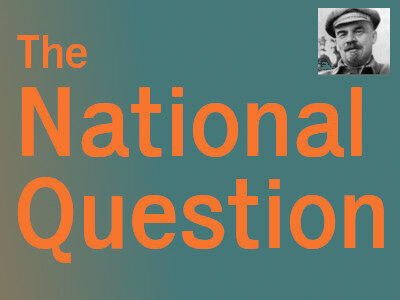A workshop on the importance of centering indigenous practices and the liberation and self-determination of the people first subjected to mass genocide by Euro-American settler colonialism.
Questions from the above workshop on “Decolonization Practices and the National Question”
Moths do 70% of pollination. What indigenous plants are good for moths?
Given that data is lacking in public education, and how do we approach gaining a better understanding of who we are? How do we do the research what needs to be done about indigenous histories and gain the knowledge we need to engage in indigenous best practices, etc?
In the examples of anti-imperialist overseas struggles, where you would want the U.S. out of various colonies (Korea, Okinawa, Philippines, Chomorro, etc), there is an assumption that even if that were to happen, that the U.S. would still exist. For indigenous people in the U.S., maybe “centering indigenous interests” messaging means not just “get out,” but for the U.S. to “not exist anymore.” How can we continue the conversation to bridge the anti-imperialism overseas with the conversation we are having here (about “centering decolonization/indigenous self-determination, etc)?
What do we do if sovereignty could interfere with labor union goals? The best example is if a labor union is organizing a casino, and the managers or even the tribe argue against the union, based on sovereignty?
So, are we saying that if we are trying to explore revolution that we are to go back to what our culture would be? Would that mean for an “Asian American” people, we’re supposed to go back to Taoism or Buddhism?
There are white people who are saying “indigenous people” aren’t indigenous – they are not the “first people,” because they came from elsewhere across the Bering Strait and you are not the people of this land. How should respond to their gaslighting which seeks to undercut demands of the people first subjected to genocide by the colonizers?
If we are doing “land back” here, who would be the organization that we give the land back to? What exactly would “land back” look like? We need to give land back to a specific people, but how would this work?
What has been explored today in terms of strategies like Tecumseh or the Iroquois federation?
For people on reservations, does the “land back” demand apply to them? And, their “autonomy” is not practical when they are surrounded by the colonizer power, so is it accurate to say their struggle is “land back?”
See also: “Pretendianism as a means to steal funds and political power that should otherwise be directed towards the cause of true indigenous liberation”
https://nationalquestion.org/pretendianism/
Wikipedia references on Native Genocide
https://en.wikipedia.org/wiki/Native_American_genocide_in_the_United_States
